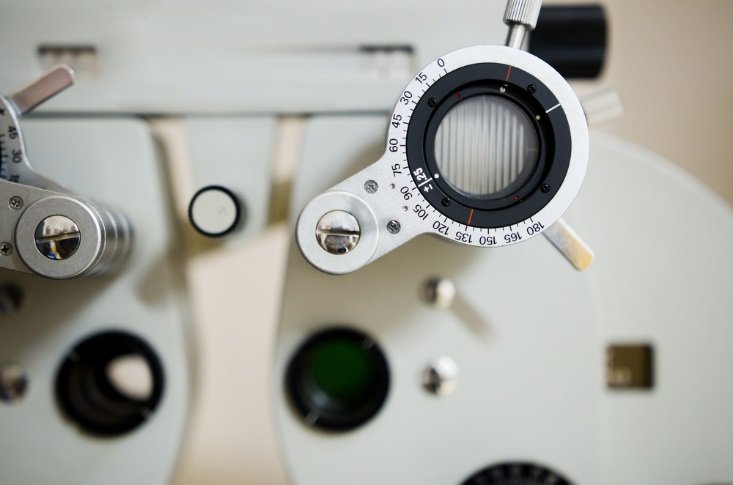Resource Articles
Below you will find a treasure trove of topics we have curated to help you train your techs, grow your practice and provide excellence patient care.
Managing Test Anxiety
I don't consider test anxiety a bad thing. It means you care about doing well on your exam which is a good thing! The trick is to harness and manage this anxiety for your benefit.
2016 Changes to JCAHPO Core Certification Exams
Approximately every five years JCAHPO updates the content for the COA, COT and COMT certification exams. These changes keep the certifications relevant and reflect responses to periodic surveys about the tasks Allied Ophthalmic Personnel perform day to day in the clinic.
What I Wish I Knew When I Started in Ophthalmology
10 very important things I wish I knew …
Top Ten Things an Ophthalmic Technician Would NEVER Say to a Patient
You would never say these … right?
Taking Charge in the Exam Lane
Managing encounters with patients is both an art and a skill. Either you run the encounter or the encounter will run you. This is frequently one of the most difficult skills for new technicians to master.
COMT Exam: How I Prepared
More than twenty years ago; fresh in the field, I confided to a COMT that one day I, too wanted to be a COMT.
How to Deal With Conflict in the Office
Conflict is one of the toughest issues one has to deal with in the office. Business bring people together from many different backgrounds.
How I Saved a Practice Tens of Thousands of Dollars
The administrator called me asking for help. She said her doctors had been getting a lot of glasses remakes and unhappy optical patients.
"Difficult" Refractions
Most refractions are straight-forward but what happens when you're faced with one that's not? Knowledge is power.
Why Refract?
I prepared to refract my patient, Mrs. Turner who had just read 20/70 but she refused. "I'm not getting new glasses" she said, "I just want the doctor to check my cataract." Why Refract?
Your Role in Patient Satisfaction
Your job security is directly related to your practice's success and your practice's success is directly related to patient satisfaction. Therefore, your job security is related to your patients' satisfaction.
Rising Through the Ranks
Whether one is a natural born leader or has been identified as having the potential for developing leadership skills, it can be a challenge rising through the ranks.
Change is a-comin'!
The only constant in life is change. Autumn is upon us; leaves are changing and the weather is cooler. Great things lie ahead; however, in order for us to experience those great things, change must happen.
Common Causes of Medical Errors & What You Can Do
The Florida Board of Medicine has a "One Strike - You're Out" Rule. This means if a physician performs a surgery on the wrong patient, does a wrong procedure, wrong side or wrong site surgery, the physician loses his or her medical license.
The Mysterious Case of the Elusive 5 Diopters of K
The Patient was 80 years old and the father of a prominent doctor in town. He had traveled from the Phillipines to have cataract surgery performed in his right eye by my doctor …
Train The Trainer
Staff Training is essential but can be a challenge due to staffing and time constraints. One strategy to consider is to identify someone on staff who can be trained to be the trainer.
Plus Cylinder Retinoscopy Step by Step
Retinoscopy is a technique to obtain an objective measurement of the refractive error of a patient's eyes. The examiner uses a retinoscope to shine light into the patient's eye and observes the reflection (reflex) off the patient's retina.
Errors in Pupil Assessment
Proper pupil assessment technique is THE most important skill every ophthalmic assistant must possess. If you employ improper technique you will miss pupillary abnormalities which may be a sign of a life threatening condition.
How to Triage Chemical Injuries of the Eye
A long term patient calls your office. He is in a panic because he splashed a liquid fertilizer in his eye. He is in pain and can barely open his eye. He is counting on you to make sound decision to save his eye sight.





















